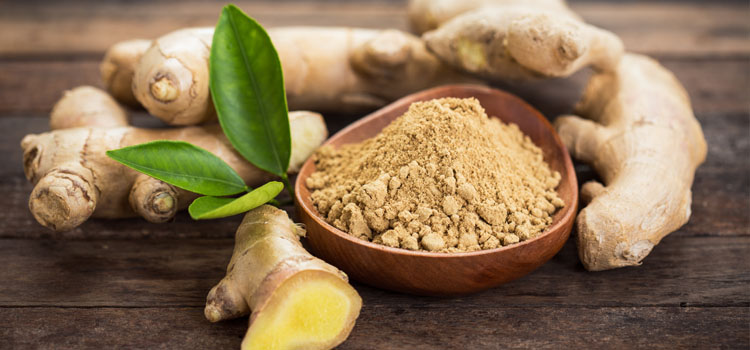
Digestive Health
Ginger is well-known for its ability to alleviate digestive issues. It can help reduce nausea, vomiting, and indigestion. Ginger stimulates the production of digestive enzymes, enhancing the breakdown and absorption of nutrients. It's also effective in relieving symptoms of motion sickness and morning sickness during pregnancy.
Anti-Inflammatory and Antioxidant Properties
Ginger contains potent anti-inflammatory and antioxidant compounds, such as gingerol. These properties help reduce inflammation and protect cells from oxidative damage. Regular consumption of ginger can alleviate symptoms of chronic inflammatory conditions like arthritis and support overall health.
Pain Relief
The anti-inflammatory properties of ginger make it an effective natural pain reliever. It can help reduce muscle pain, joint pain, and menstrual pain. Studies have shown that ginger can be as effective as non-steroidal anti-inflammatory drugs (NSAIDs) in reducing pain and inflammation.
Cardiovascular Health
Ginger supports heart health by helping to lower blood pressure and cholesterol levels. It can improve blood circulation and prevent blood clots, reducing the risk of cardiovascular diseases. Ginger's ability to reduce inflammation also contributes to its heart-protective effects.
Blood Sugar Control
Ginger may help regulate blood sugar levels and improve insulin sensitivity. This makes it beneficial for individuals with diabetes or those at risk of developing the condition. Including ginger in your diet can help maintain stable blood glucose levels and support overall metabolic health.
Immune System Support
Ginger has immune-boosting properties that help strengthen the body's defenses against infections. It can help reduce the severity and duration of colds and flu. The bioactive compounds in ginger, such as gingerol and shogaol, have antimicrobial effects that support immune function.